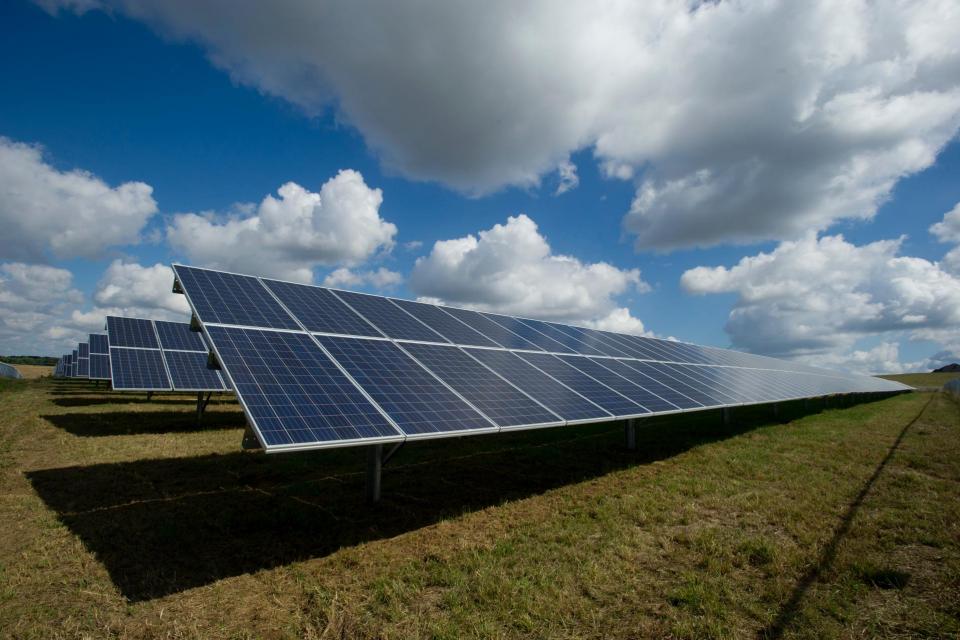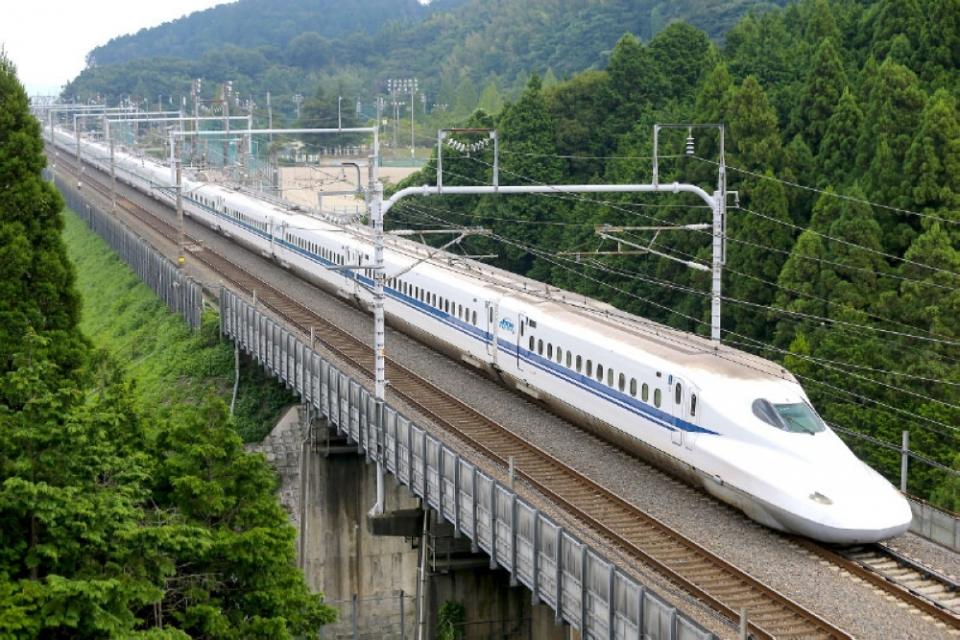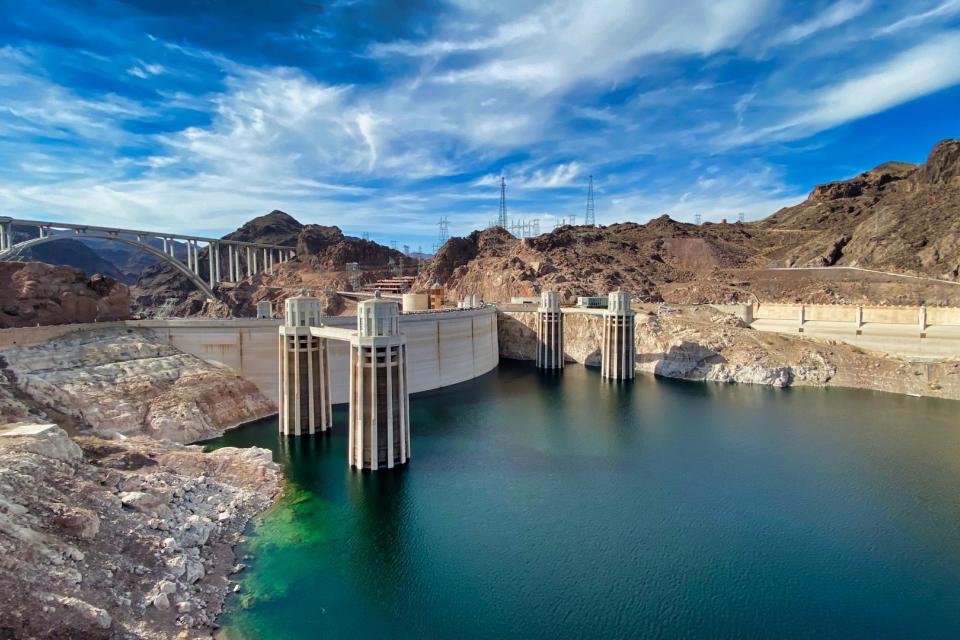INFRASTRUCTURE
Pass the Bipartisan Infrastructure Framework and the Budget Reconciliation Bill
The time to advocate for the Bipartisan Infrastructure Framework and the $3.5 trillion Budget Reconciliation Bill is now. For the benefit to the most Americans, it is essential that both bills pass in tandem because the Budget Reconciliation bills fortifies the areas in which the Bipartisan Infrastructure Framework falls short. This is especially the case in issues such as paid leave, climate, and agriculture.
National High Speed Rail System
A national high speed rail system (HRS) is the large-scale, fast way to reduce carbon from our transportation and energy sectors. With trains powered by electricity generated 100% by renewables, this can cut the nation’s energy consumption and carbon output by 70%. HSR reduces flights, car usage and long distance trucking all at the same time. No other emission reduction solution can be scaled up this quickly and have this large of an impact.
National Infrastructure Bank Coalition
The American Sustainable Business Council, representing more than 250,000 responsible businesses committed to the triple bottom line – People, Planet & Profits – is pleased to support the National Infrastructure Bank Coalition on reintroduction of H.R.6422, to improve our infrastructure while creating new well-paying jobs.
Clean Water
ASBC is bringing together a broad variety of business voices to advocate for reduced nutrient pollution, better water infrastructure, and policies that make businesses more resilient to floods and droughts. In the end, we hope our work shifts the dialogue on water issues so that there is a greater balance of business perspectives, including the economic reasons for sensible clean water regulations.
Net Neutrality
Restore Net Neutrality
Only a few companies sell internet access, but virtually all companies in America rely on it – including ours. Removing the 2015 standards undermines our free market economy by handing internet access providers immense power to steer businesses and customers one way or another.
White Papers, Business Cases, Case Studies & Polling
Download the Reports
Making the Business Case
These reports contain clear and compelling business and economic benefits exist for our policy positions. In fact, most of our policy positions include ones that have been painted by others as bad for business. These documents can be used to help educate policymakers and others about how policies based on sustainable principles can be good for all stakeholders, including the planet.







